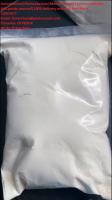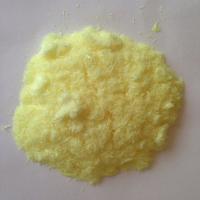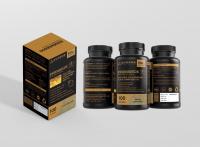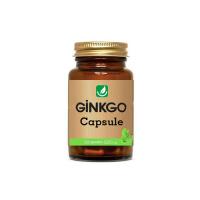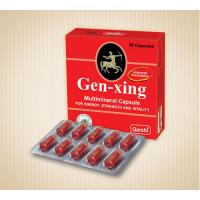Product Specification
| Optimal Health | |
| Vitamins | |
| Other | |
| Capsules |
Product Descriptions
One study investigated the anti-bacterial capabilities of bee propolis in the mouth and more specifically with regards to root canals.
The researchers compared propolis with calcium hydroxide, which apparently is a very effective anti-microbial, and found that it is significantly more powerful at eliminating certain germs than calcium is.
Propolis has traditionally been used to kill colds and the flu, and this study clearly shows how its powerful bacteria-killing properties work throughout the body.
2. Propolis Lowers Blood Pressure
Nitric oxide is a very important substance for healthy hearts. The inner lining of your blood vessels use nitric oxide to signal the surrounding smooth muscles to relax, thus resulting in vasodilation (the widening of blood vessels) and increased blood flow.
Reduction in the bioavailability of nitric oxide plays a significant role in the development of high blood pressure. Without it, you’d have a heart attack. There is an enzyme called Tyrosine hydroxylase (or TH for short) that limits that amount of nitric oxide you can produce.
Researchers had a hunch that propolis could decrease TH and in turn, lower blood pressure. So they took a bunch of rats and fed them something called nitro-l-arginine methyl ester for 15 days, to produce high blood pressure. They then fed the rats propolis for the last five days.
What they found after doing this was that propolis decreased TH activity in the rats. As a result, they suggested that propolis may help modulate blood pressure.
If you do suffer from hypertension, you may want to consider using raw honey, which contains propolis, as it has been proven to lower blood pressure.
3. Propolis Helps Treat Bone Diseases
Another health benefit of propolis appears to be that it helps to build and maintain healthy bone tissue.
Scientists recently investigated whether Caffeic Acid Phenethyl Ester, a very powerful compound found in propolis, could halt or reverse osteolytic bone diseases. They discovered that this compound was very effective at suppressing the inflammatory compounds that cause bone diseases and even suggested propolis might be a potential treatment for bone wasting diseases like osteoporosis.
If you’re suffering from bone density loss or have a history of it in your family, taking a daily dose of propolis could be a very wise thing to do!
4. Propolis Helps Treat Allergies
An amazing health benefit of propolis is its ability to calm the symptoms of seasonal allergies.
Scientists gave propolis to rats for two weeks and found that it significantly inhibited histamine release from the rats’ mast cells. Histamine is the compound that makes you sneeze, gives you watery eyes and a runny nose – generally making your life more difficult. Anti-histamines are the main allergy drugs sold over the counter.
Their results clearly demonstrated that propolis may be effective in the relief of symptoms of allergic rhinitis through inhibition of histamine release.
So come allergy season, don’t only take your bee pollen but add a daily dose of propolis.
5. Propolis Boosts Prostate Cancer Cell Death
Prostate cancer is a commonly diagnosed cancer in men. But there is exciting news regarding this deadly disease – one of the health benefits of propolis appears to be that it prevents and suppresses this type of cancer (at least in a test tube).
Scientists examined the cancer killing effects of propolis tincture on two common types of prostate cancer. They concluded that propolis tincture markedly improved cell death in prostate cancer cells and suggested the significant role of propolis in chemoprevention of prostate cancer.
6. Propolis Kills Colon Cancer Cells
Scientists recently decided to look at the anti-cancer and anti-microbial potential of propolis at the same time.
First they exposed propolis to four different pathogens. As those of us who’ve used propolis to kill many colds have known for years, the propolis showed very strong antimicrobial activity.
The scientists then tested propolis against colon cancer cells. They found that it caused the cancer cells to die by necrosis, which means that it interrupted the blood supply to the cell and caused just the local cancer cells to die and NOT healthy, living cells.
Chemotherapy does the opposite of this – it kills both healthy living cells and the cancer cells and is the reason why chemo has such violent and devastating side effects.
Ultimately, this research is very promising. Some of the healthiest peoples in the world have experienced the health benefits of propolis and other bee products for generations. This exciting new research may be indicative of why these people live such long, healthy lives and have such high rates of centenarians amongst them.
7. Propolis May Help Treat Food Poisoning
The aim of a recent study was to analyze the antimicrobial activity of propolis against the germs that cause what is commonly referred to as ‘food poisoning.’ (16 Campylobacter jejuni)
The scientists found that propolis inhibited the growth of C. jejuni, Enterobacter faecalis, and Staphylococcus aureus, the three bugs that are commonly found in food poisoning cases.
They went on to say that propolis preparations could be used as support to traditional therapy for infection, especially when antibiotics show no activity against these micro-organisms.
This is why I now keep a bottle of propolis tincture in my purse at all times and take a dose after eating in any unfamiliar place or restaurant.
8. Propolis Protects Injured Teeth
I’ll be honest – the study on dental health and propolis was pretty hard to understand (a lot of big, technical words that were beyond my vocabulary) But, I’ll do my best to sum it up for you anyways.
Apparently, traumatic injuries to the teeth present a challenging situation for the clinician because of post-treatment complications such as inflammation.
In this study, scientists evaluated propolis as an anti-resorptive agent. Basically, they wanted to see if propolis could help control the inflammation when someone’s teeth got knocked out so that they could put the teeth back in.
And what they found was that yes, propolis did indeed help. Propolis can affect very strong anti-inflammatory activity in many areas of the body. Inflammation is responsible for diseases such as arthritis, heart disease, Alzheimers, and many more. Much of the recent research indicates that one of the primary health benefits of propolis isit’s anti-inflammatory effects.
Chances are that people who consume propolis on a regular basis have less inflammation in their bodies and ultimately less disease, leading to a healthier, longer lives!
9. Heat Stress & Athletic Performance
One of the reasons the health benefits of propolis are so vast is because it is so full of antioxidants.
And now research has discovered just how useful these particular antioxidants can be for athletes, as they protect athletes from overheating, according to an article in the Journal of Food Science.
An active ingredient in propolis known as caffeic acid phenethyl ester, or CAPE, triggers a broad spectrum of biological activities including antioxidant, anti-inflammatory and antiviral.
Heat stress is considered to be the main factor underlying the early fatigue and dehydration seen during prolonged exercise in the heat.
Researchers examined blood from 30 competitive cyclists who engaged in endurance training for two to four years prior to the investigation.
The lead researcher stated at the conclusion of the study that CAPE (one of the powerful compounds in propolis) just might promote athletic performance. So athletes, take your propolis especially during the summer. It just may give you a safe, natural competitive advantage!
10. Propolis an Effective Treatment for Warts
This is a benefit I’ve had personal experience with. Propolis tincture killed a plantars wart of mine in less than two weeks and it has never come back.
Reported in the International Journal of Dermatology in November of 2009, scientists found that propolis shows strong activity against warts.
In a single-blind, randomized, 3-months trial, 135 patients with different types of warts received oral propolis, echinacea, or a placebo.
When patients with common warts treated with propolis, a cure was achieved in 75 percent and 73 percent of patients, respectively. These results were significantly better than those associated with echinacea treatment or placebo.



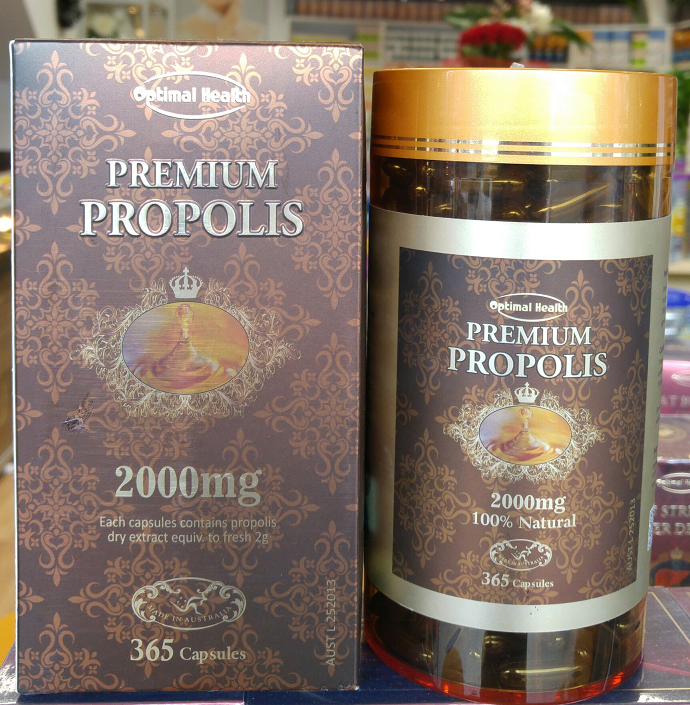
 Safe and secure payments using Abraa safe trade systems
Safe and secure payments using Abraa safe trade systems  \
\
